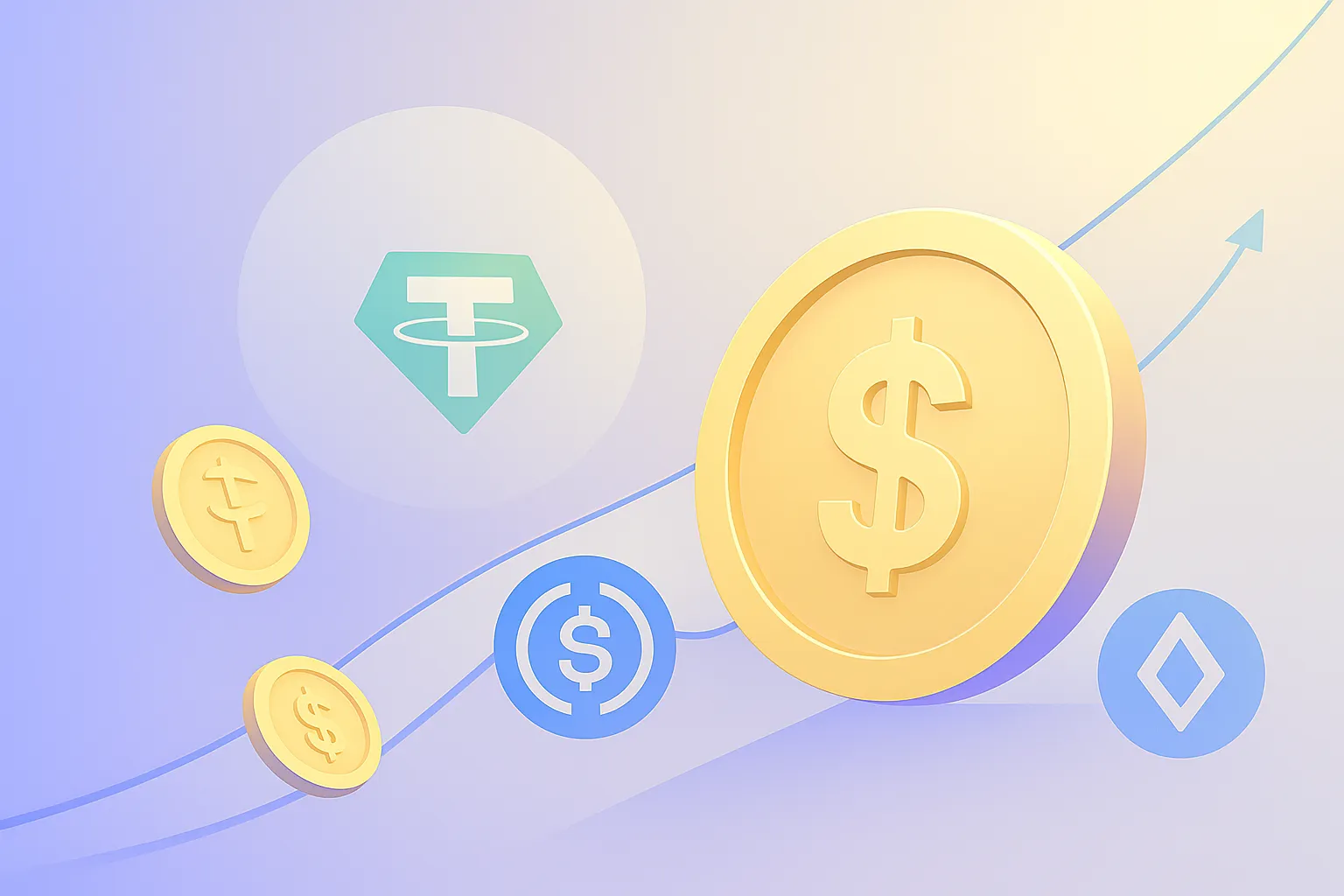
Understanding Crypto Forks: What Triggers Blockchain Changes
In the world of cryptocurrencies, a ‘fork’ signifies a fundamental change in a blockchain’s protocol. Since cryptocurrencies operate on decentralized networks, it’s crucial for all participants to adhere to the same rules to maintain the blockchain’s integrity. Failure to do so can result in the emergence of two simultaneous blockchains, a scenario commonly referred to as a chain split.
Types of Blockchain Forks
1. Accidental Forks: These occur when different miners discover a block almost simultaneously, leading to the creation of two competing blockchains. Typically, accidental forks resolve themselves as more blocks are added, with one chain eventually becoming longer and the other being discarded.
2. Intentional Forks: Intentional forks materialize when developers have divergent views on how the software should operate. This results in changes to the protocol rules and the birth of a new cryptocurrency. The success of such forks depends on community support; if interest is lacking, the new token’s value may dwindle to zero and cease production.
Intentional forks further divided into two categories
Soft Forks
Soft forks are minor, optional, and backward-compatible adjustments. They don’t render the old rules obsolete, allowing those who haven’t upgraded to continue participating. In the end, only one blockchain remains valid, as more users transition to the updated version.
Hard Forks
Hard forks, on the other hand, entail non-compatible changes with prior versions. They are permanent and necessitate the unanimous adoption of the latest rules. Failure to upgrade results in a chainsplit, giving rise to two distinct blockchains. Depending on the circumstances, these blockchains may coexist independently, or one may eventually dominate the other.
Noteworthy Hard Forks
1. Bitcoin Cash (BCH): In 2017, Bitcoin Cash emerged as a successful hard fork of Bitcoin (BTC). Both Bitcoin and Bitcoin Cash share the same transaction history up to block 478,558. This fork was prompted by disagreements within the community, particularly regarding Satoshi’s original vision for Bitcoin, block size, and the implementation of ‘Segregated Witness.’
2. Ethereum Classic (ETC): Ethereum Classic is another successful fork, originating from Ethereum (ETH). It came into existence following a hack of The Decentralized Autonomous Organisation (DAO), resulting in the loss of over $50 million in ETH. A community consensus led to a hard fork at block 1,920,000.
Cloning in Cryptocurrency
While often confused with forking, cloning involves copying the codebase of an existing cryptocurrency and introducing minor modifications on a new ledger. Cloning is encouraged in code-sharing platforms like Github, enabling developers to create innovative variations of existing cryptocurrencies. For instance, Litecoin was created in 2011 by ex-Google engineer Charlie Lee. Lee forked Bitcoin’s code, adjusted parameters such as the proof-of-work challenge and block generation speed, and improved transaction speed and scalability, resulting in a practical coin for everyday use.
The Future Impact of Forks
Forks wield significant influence, both positively and negatively, within the cryptocurrency ecosystem. They are responsible for creating and enhancing cryptocurrencies but can also introduce drama, risks, and uncertainty. As the cryptocurrency space attracts individuals with diverse objectives, forks will continue to shape and influence the industry’s growth and development.

